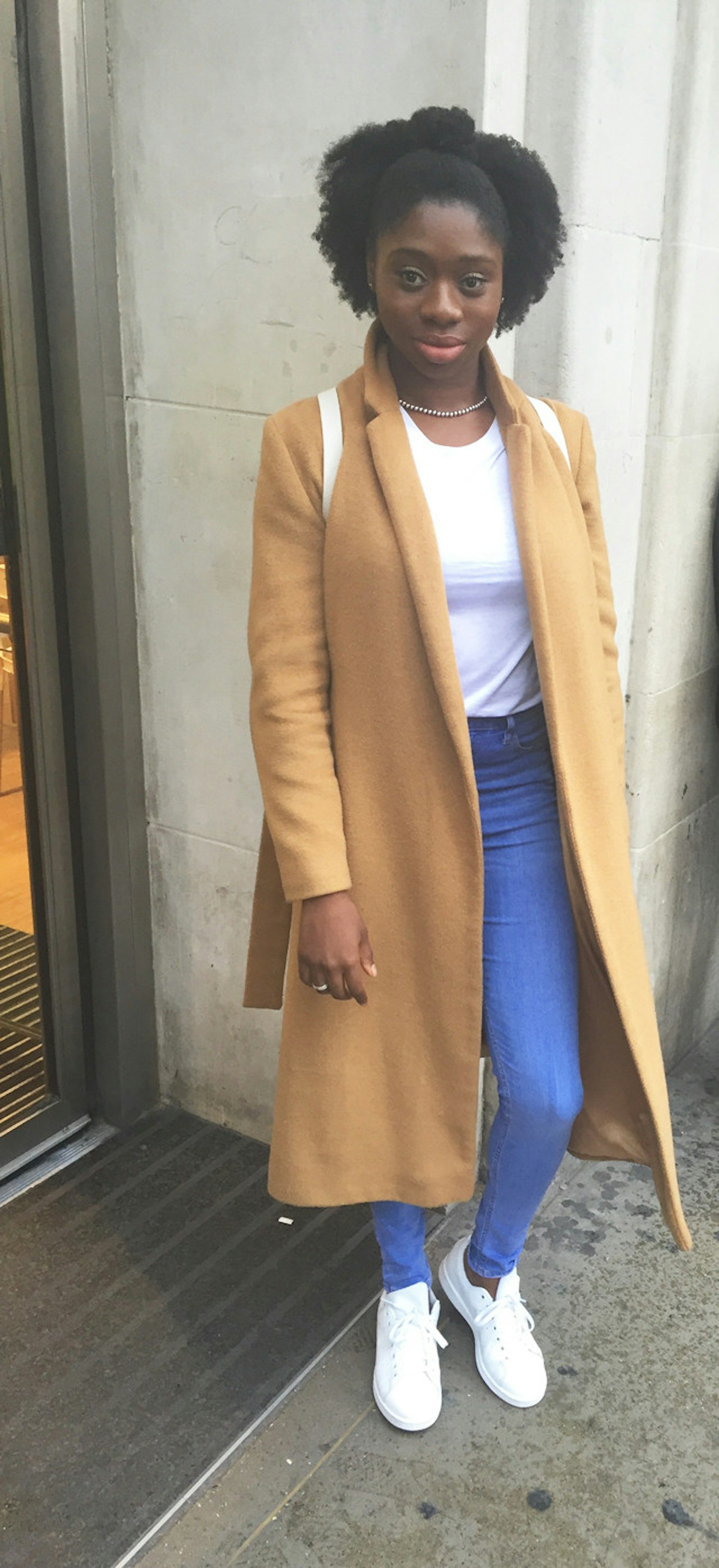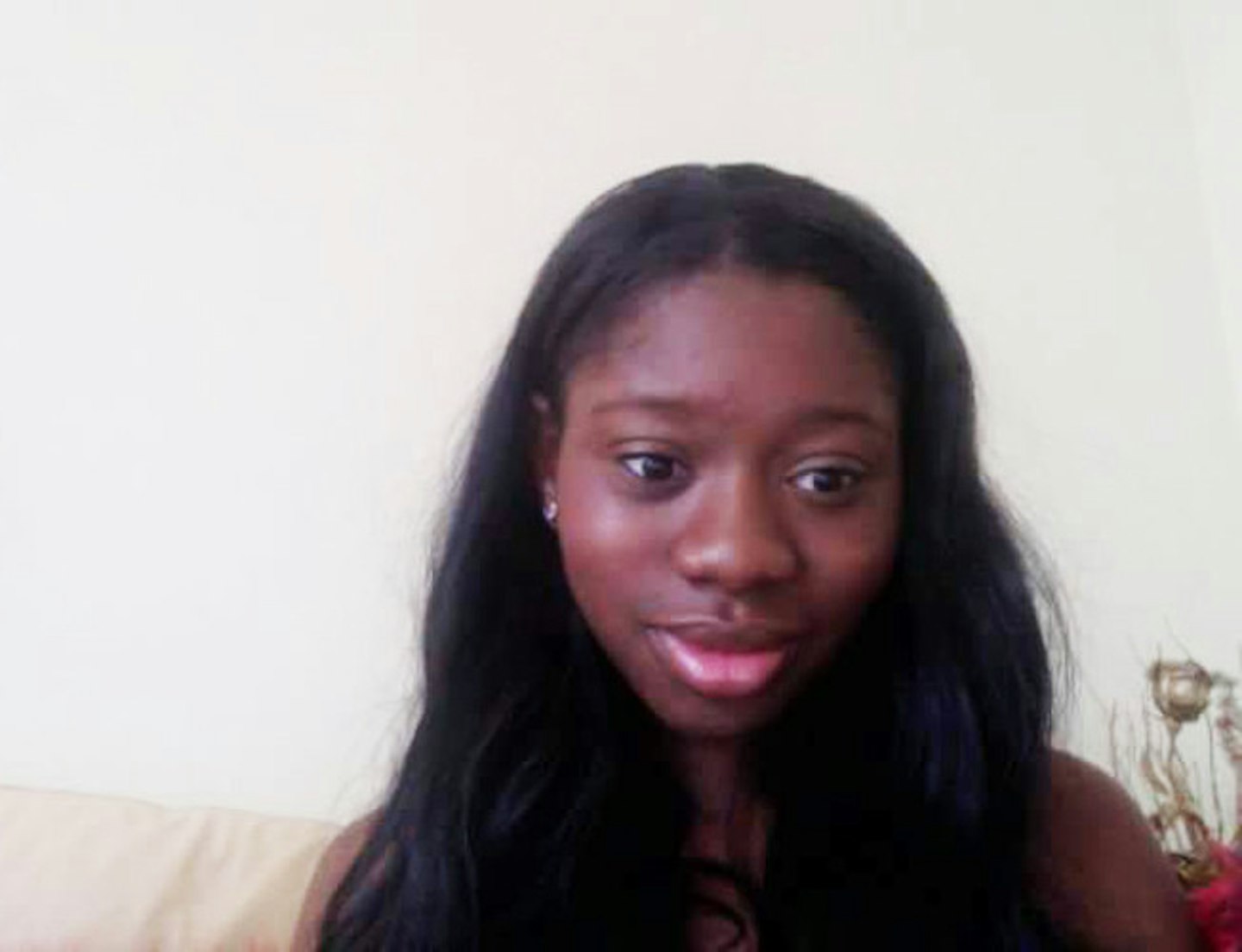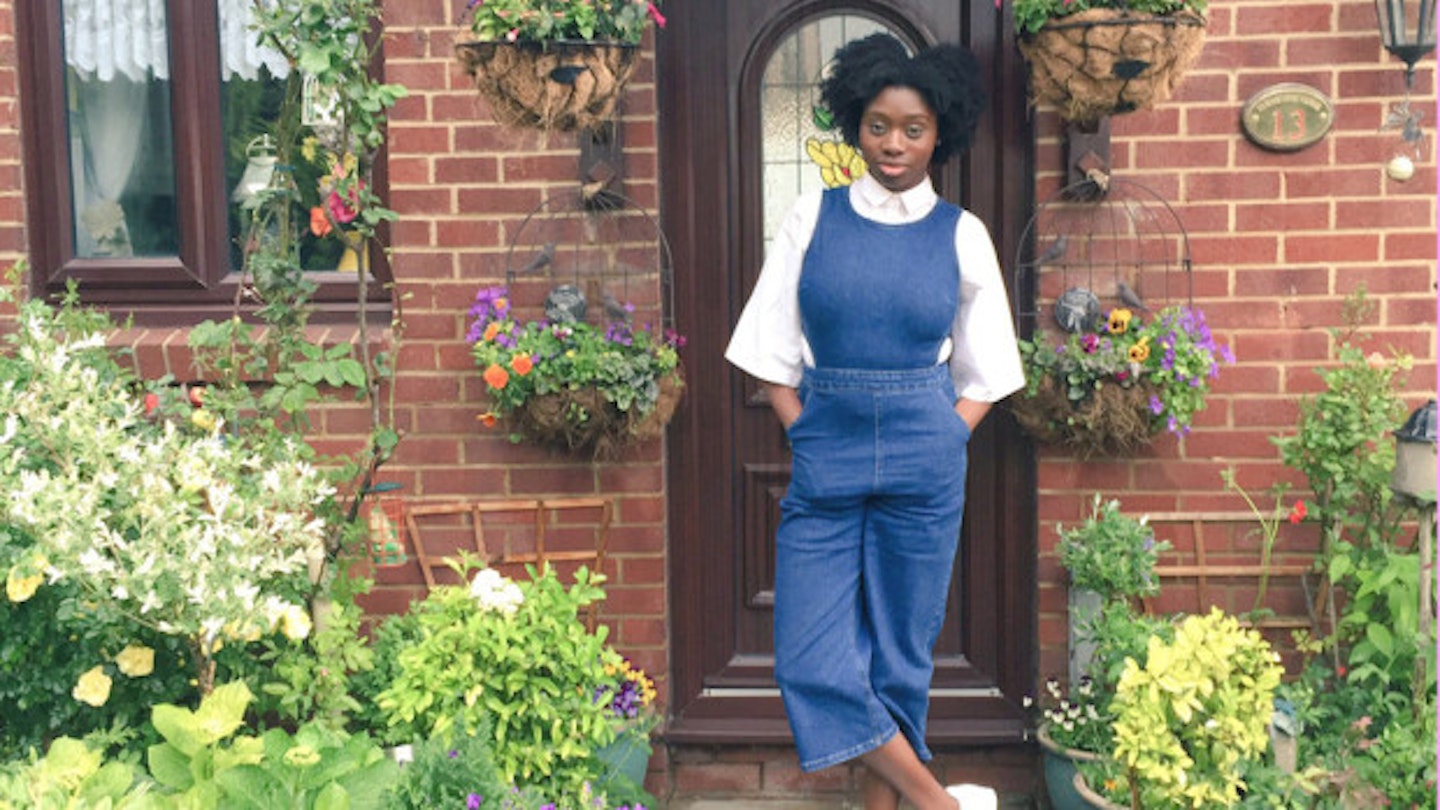She didn’t do it intentionally I’m sure but Coco Chanel set me up for a fall. Why? She once said: ‘a woman who cuts her hair is about to change her life.’
As a result, when I went to the hairdressers to cut off my thin, shoulder length locks, in an attempt to start afresh in my tumultuous relationship with my hair, I anticipated big things. However, I expected the changes that come along with my new look to be purely personal.
I was certain that with one fell swoop, I would instantly feel empowered. Like many women, my hair was a security blanket, a shield that protected, or rather hid my insecurities. So I expected to feel bold and more confident in my skin - and I did. Even if there were a few tears when I looked at my boyish haircut in the bathroom mirror.

Secondly, I cut my hair at a time when my career was going through a rebirth. I decided to ditch my hopes of a stable office position and start my own company. So I expected my haircut to help me firmly close the chapter on my 9-5 and tell the world that I was at the beginning of a new and exciting adventure in my life.
While I had heaped rather high expectations on my new hairstyle, Coco’s quote only really touched on the superficial and internal changes of what a haircut could do for a woman. As the late great Mme Chanel doesn’t share my hair texture, it was, in hindsight, somewhat foolish to expect that her words could equip me for the changes, expectations, perceptions and misconceptions that would come with cutting my hair.
You see my big chop, (a specific haircut black girls undertake to cut out their chemically altered hair strands and return to their hair’s natural texture), more than just a restyle which signaled to others ‘I’m at different stage in my life’. To many, my haircut wasn’t just personal decision, it was also a political statement.

At first, the idea that my tightly coiled curls were seen as political was an uncomfortable truth. But by walking into meetings, posing for pictures on snapchat (of course, with the doggy filter) or thinking of new ways to wear and protect my afro while out and about, I was telling everyone that I was no longer submitting to society’s beauty norms and values. My hair was no longer a symbol of cultural assimilation, a signifier that made me a more palatable version of blackness in both personal and professional settings. By ditching the hair chemicals, I was taking back control of my body and sticking two middle fingers up at everything society had taught me about a woman’s beauty and worth.
Since the very beginning, black women and traditional black hairstyles have been at the far end of the beauty spectrum. A range of institutions in society have worked together to tell women, in particular black women, to invest in products that will rid them of their ‘frizzy’, ‘unmanageable’, ‘coarse’ hair and embrace ‘glossy’, ‘flowing’, ‘smooth’ locks that will effortlessly swoosh from side to side as you walk down the street, office corridors and university halls. For years, I grew up watching and wanting to emulate those women, white women, Asian women, black women who had bone straight or slightly wavy rib cage-reaching weaves.
So I had to go through a process of learning, or rather ‚unlearning, the hierarchal system of beauty that women are told to operate within. In a bid to find confidence and feel that wearing my natural hair could be beautiful, I found websites dedicated to looking after natural hair textures and followed natural hair gurus on Instagram and YouTube.
By embracing the natural hair social media movement, not only did I see beautiful black women with different shapes and size afros, I found a sense of belonging. There were Facebook groups, website forums and hair events where black women would pour out their hearts about a twist out gone wrong or right and these hair conversations often led to discussions on the challenges of being a black woman and navigating our way through white spaces.
Believe it or not (especially after reading my last paragraph), I actually hate the phrase ‘self-acceptance.’ But I can’t deny that by waving goodbye to hair chemicals and connecting with other women who looked like me, did make me accept myself in all my melanin filled glory.
Before embracing my kinks and curls - especially during my university days, I was driven to achieve a beauty standard I could never reach or realistically maintain. As soon as my student loan dropped, I couldn’t wait to buy two or sometimes three bundles of weave to emulate the perfect side part from Bey’s Halo video. And when my student loan ran out, I would work overtime at my retail job, just to keep my weave fresh and my edges laid. Bottom line - my bank account couldn’t cope with trying to keep up with white beauty standards.
While the personal impact of choosing to wear my hair naturally was liberating and money-saving, it did also reinforce for me the problematic politics of the media’s treatment of black hair. Although afros, cornrows and even bantu knots have made it onto fashion shows and into the pages of magazines, the style’s link to black culture is often erased. The fact that beauty pages and blogs celebrate white women’s 'afros’, credit the Kardashians for boxer braids (FYI- they are called cornrows and black women have been rocking them since day dot) and tell the world that Lupita’s MET gala hairstyle was influenced by Audrey Hepburn instead of African women and icons like Nina Simone, only illustrates that the media don’t want to see black hair as personal choices made by black women. Black hair is only acceptable in the mainstream when it is presented in a way that can benefit the style and lifestyle of white women. This comes with the underlying message to black women that their hairstyles look better on women of a white complexion.
However, black hair in mainstream culture isn’t just political because it adheres to the pattern of erasure that black women suffer in other areas of society. Black hair is often used as a weapon to defile or attack the character of black women. We saw this in 2008 when the New Yorker’s attempts at satire went all types of wrong, as it depicted Michelle Obama as a gun-wielding terrorist and traded in her shoulder length bob for an afro. We saw it again when Piers Morgan gave his unwanted and ignorant opinion on Beyoncé’s ‘blackness’ after her super bowl performance of Formation. He attempted to undermine her art by attacking her dancers’ hairstyles when describing them as ‘panther-style afros,’ presumably in a bid to align them with the misconceptions and stereotypes of the Black Panther movement. Our own hair is used by power players, often white men, not just to undermine us, but install fear into others and cause division - the dirtiest and most basic of political tactics.
When I cut my hair two years ago, I never dreamt that there could be political implications. I don’t want my hair choices to be seen as political. I just had dreams of growing an afro past my shoulders and posting pictures with the #carefreeblackgirl hashtag underneath. The beauty of black hair is that our hair texture allows us to be versatile; I love having my afro one minute, cornrows the next and a long straight weave after that. I love that as a black woman I can change my hairstyle and use my hair as a medium for self-expression. Yet once we leave our homes and step out into the world, whether we have straight weave or the perfect round ‘fro, people sadly can’t help but impose their own cultural and social interpretations on our aesthetic choices.
Like this? You might also be interested in:
Do Women Of Colour Need To Be More 'White' To Secure Employment** **
The Forgotten Story Of The Women Behind The British Black Panthers
Why Beyonce's 'Formation' Is Important To Black British Women
Follow Tobi on Twitter @IamTobiOredein
This article originally appeared on The Debrief.
